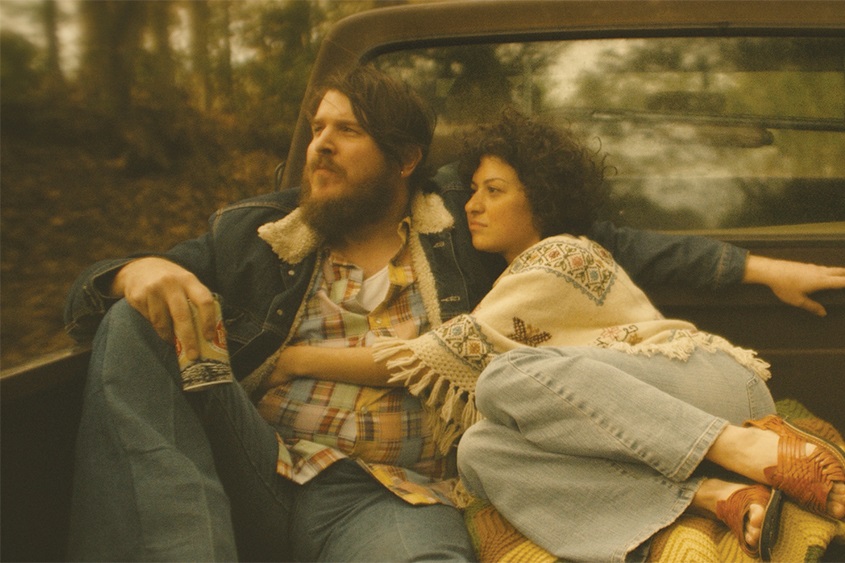Before Ethan Hawke’s Blaze film was released, the name Blaze Foley was largely unknown. Hawke hopes to change that. On Sunday, October 6, Ethan Hawke made a personal appearance at a movie screening at the Byrd Theatre. Hawke is famous for his decades-long career as an...

